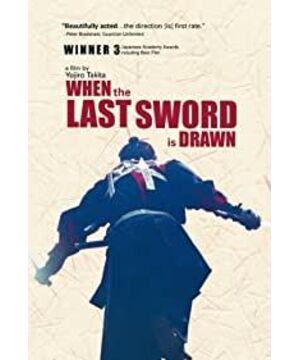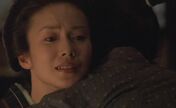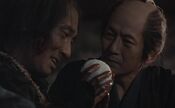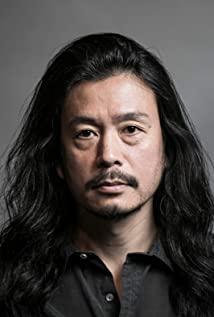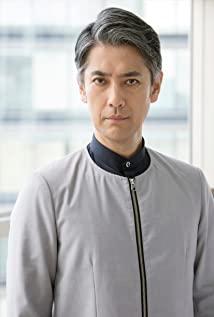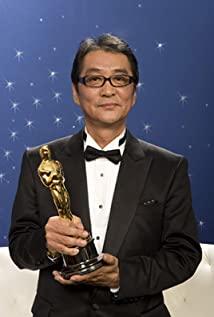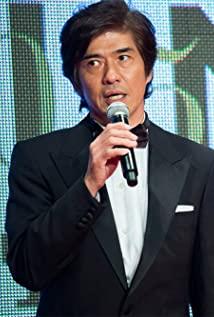This is a man who looks like a samurai, the memory of another man who didn't look like a samurai at all, but ended up fulfilling his duty as a samurai and died in troubled times. In the film, Saitoichi and Yoshimura Kanichiro form a pair of mirror images. The former is very in line with the "popular" imagination of "samurai": majestic in appearance, outstanding in martial arts, unpretentious (see the scene), arrogant, and secretive, but in fact his "principles" are no different from ordinary people. Different: Seek advantage and avoid disadvantage. The latter is a small person at first glance, and every look, expression, and action has a "little person" atmosphere (Nakai Guiichi can probably play Ah Q, is there a Japanese director who wants to adapt "The True Story of Ah Q"), but the movie took a certain amount of time. The space shows that he lived a poor but warm life in his hometown: playing with children, teaching them to read Confucius and Mencius, and he also carried out what he gave them to the end. The director gave a sympathetic understanding to these two ordinary people who looked like samurai and samurai who looked like ordinary people. It's a pity that the time from Yoshimura's return to the Nanfang clan's mansion in Osaka to the end of the film is very slow, and a large monologue before Yoshimura's death is even more hypocritical. In addition, Suzuki Yotaka (Rurouni Kenshin / dubbing), Sato Hiroshi (Mizu Yoshihide Biography), Oda Kirito (Dahe drama "Shin Selected Group") are my three favorite Saito one in literary works; but to say The one closest to the historical truth is probably the young beast in "Yae Sakura".
View more about
When the Last Sword Is Drawn reviews


